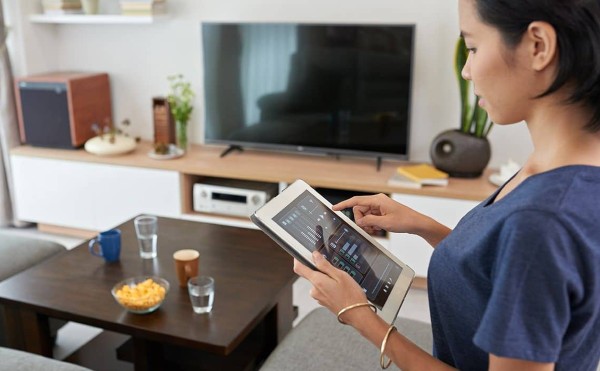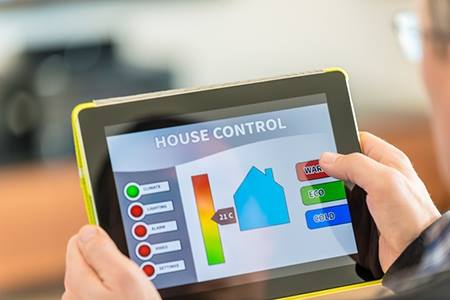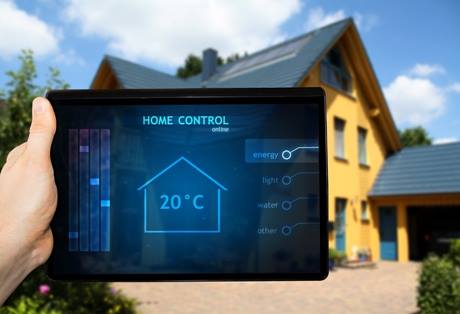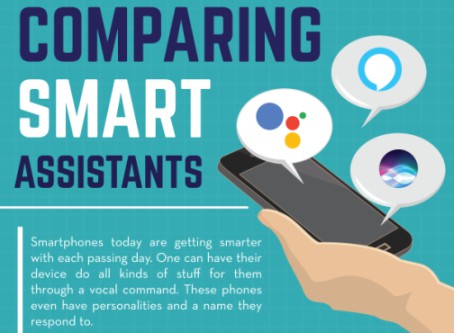In the past, smart home technology was reserved only for people who lived a luxury lifestyle. In 2022, smart home technology will be standard for buyers to consider when purchasing a new home. They are now becoming fully connected and integrated, giving homeowners an innovative experience reshaping how we protect and entertain ourselves at home.

The recent pandemic has made people more used to living most of their lives around the home. Some like to enjoy playing in the best online casino they can find while hanging around the house or watching movies or playing video games. Companies that make everything from coffee makers to home theaters are trying to bring more sophisticated living into our homes.
What’s Happening Now
There have been many predictions about how the Internet of Things (IoT) will change how we live at home. Most agree that in-home entertainment will become much more immersive and satisfying. Consumers are finally taking advantage of the technology in everything from their lights to home security systems, having them work together and obey our live voice commands.
At present, it still takes a homeowner some expertise to get all the different smart gadgets from various sources and have them all work together seamlessly. This can sometimes be too complicated for the average consumer, with the most straightforward option being to hire a professional to set the system up. This will also help minimize the number of devices and apps needed to control the system.
This will all soon be in the past as current makers of IoT devices are looking towards a new technology standard called Matter. Device manufacturers will use Matter in future products, enabling consumers to know if devices are compatible. Smart products with the Matter logo will allow homeowners to purchase a compatible device and then just plug and play. The developers also predict using voice commands and biometrics to automate many things we now do manually.
How It Will Work
Your smart home system will automatically start the day by turning on lights, opening the pet door for the dog, putting your favorite new program on the TV, and turning on the coffee maker. At the same time, sensors throughout the house will alert the homeowner about things like an appliance that was left on or even a leak in the roof. All appliances, from dishwashers and microwaves to washing machines, will tell you when they are finished with whatever tasks they are doing.
Some of these scenarios are already common as consumers today already control many of their home’s features, such as lighting, security, and home entertainment systems, through multiple apps instead of a single origin. In addition, most of the gadgets already in homes advertise as being “smart” or “connected.”
As far as the traditional definition of IoT devices, experts would say the industry hasn’t quite reached that stage. With smart devices such as light bulbs and sensors, an app must be downloaded to operate them.
As a result, many people have IoT devices in their homes that they probably have forgotten about because they can’t use them effectively. With the inception of Matter, the industry can wipe the slate clean and start over.
More Innovation Coming
In the future, home gyms will have smart equipment that will guide users by connecting them to virtual trainers or group exercise classes. At the same time, real-time data is transmitted to a health app regarding the user’s vital signs and progress.
Smart soundbars will not only help users control audio systems and play different music throughout the house but will have more options for personalization and recommendations.
The Matter connectivity standard is expected to rollout next year. All household smart devices purchased with the Matter logo will enable consumers to control them through a single app connected to a hardware hub. It will also be possible to program and set everything up without calling a professional.



